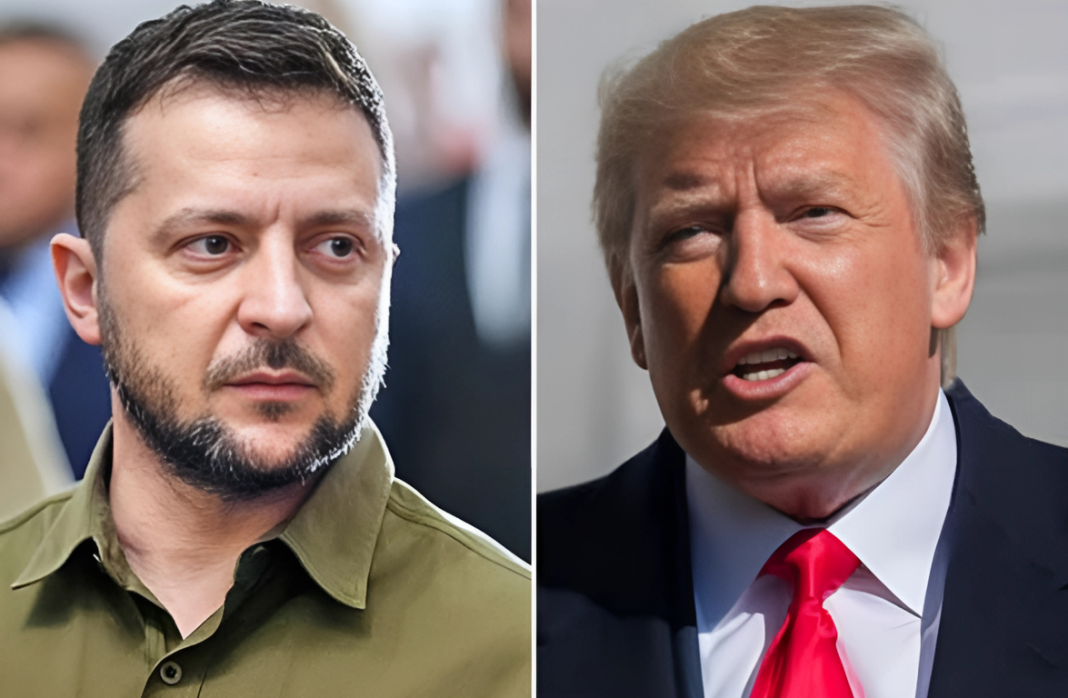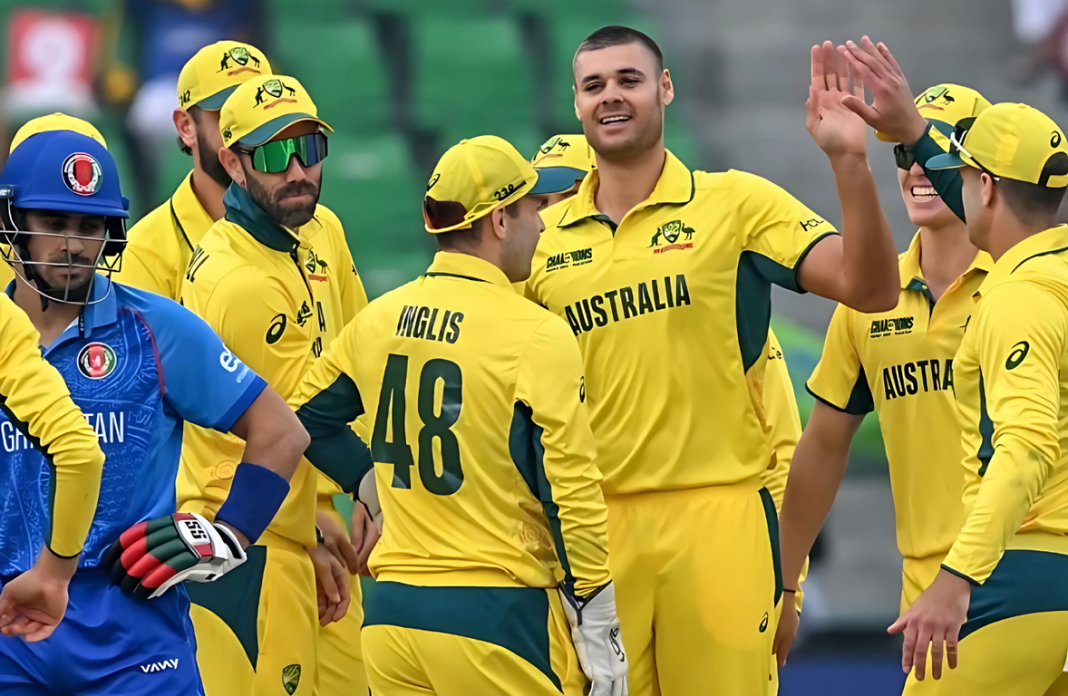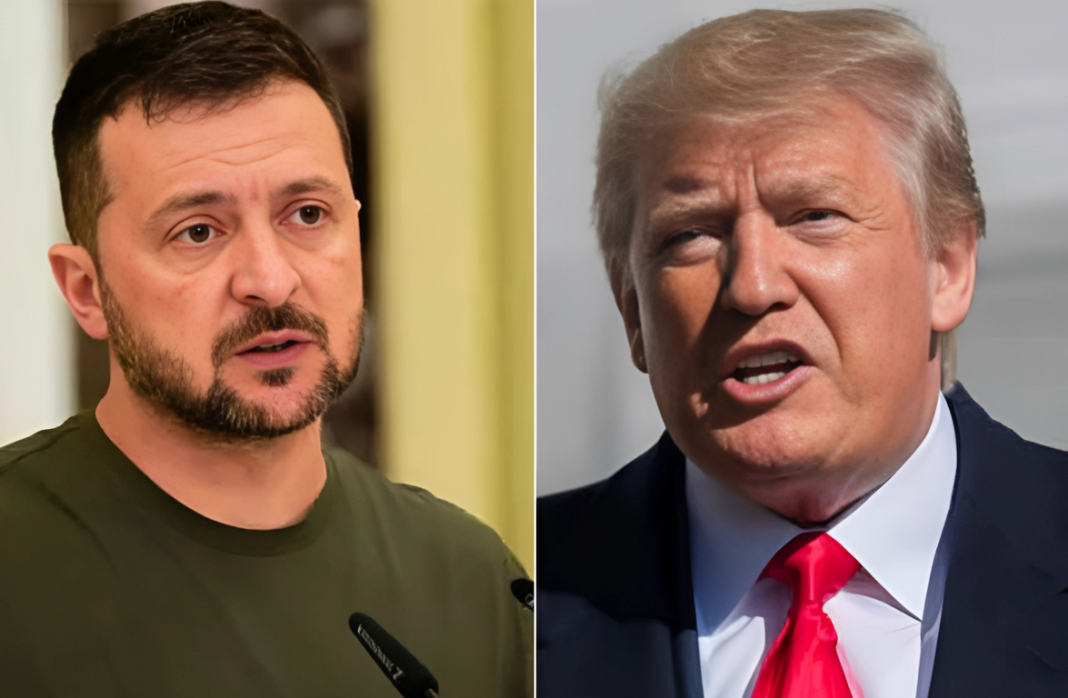Contents
- 1 Rising Tensions: Zelensky and Trump’s Heated White House Confrontation
- 2 Zelensky Acknowledges Diplomatic Strain but Seeks Reconciliation
- 3 White House Meeting Descends into a War of Words
- 4 Zelensky Faces Criticism Over His Attire
- 5 European Leaders Rally Behind Ukraine
- 6 Additional European Support for Ukraine
- 7 The Future of U.S.-Ukraine Relations: Uncertainty or Unity?
Rising Tensions: Zelensky and Trump’s Heated White House Confrontation
A fiery exchange between U.S. President Donald Trump and Ukrainian President Volodymyr Zelensky at the White House has sparked international debate. Despite the intense disagreement, Zelensky stands firm in his stance, refusing to issue an apology. However, he remains hopeful that diplomatic relations between the U.S. and Ukraine can be restored.
Zelensky Acknowledges Diplomatic Strain but Seeks Reconciliation
Following the meeting, Zelensky addressed the issue during an interview with Fox News. When pressed about whether he would apologize for the clash, his response was resolute: “No.”
While acknowledging that the dispute was counterproductive, Zelensky emphasized that the U.S.-Ukraine partnership is built on deep-rooted historical ties that transcend individual disagreements.
“Such an argument is damaging for both nations. If the U.S. does not support Ukraine, preventing a Russian invasion will become significantly harder. But I believe this relationship can be repaired.” – Volodymyr Zelensky.
White House Meeting Descends into a War of Words
Initially set to discuss a potential mineral trade agreement, the meeting quickly spiraled into a tense debate over the ongoing Russia-Ukraine war. Trump accused Zelensky of exacerbating global instability, even blaming Ukraine for the conflict. He claimed that Zelensky had refused to explore diplomatic compromises, escalating the crisis.
Unwavering, Zelensky met Trump’s accusations with equal force, leading to an impassioned standoff. Vice President JD Vance also became embroiled in the dispute, further amplifying the discord. Ultimately, the talks collapsed, resulting in the abandonment of the mineral agreement and Zelensky’s premature departure from the White House.
Zelensky Faces Criticism Over His Attire
Beyond diplomatic tensions, Zelensky found himself under scrutiny for his casual clothing. A reporter challenged his decision to forego a suit for the White House meeting, sarcastically asking, “Do you even own a suit?”
Zelensky’s response was swift and pointed:
“When this war is over, I will definitely wear a suit—maybe like yours, or even better.”
This was not the first time Zelensky had opted for practical, military-style attire over formal wear, reinforcing his image as a wartime leader focused on action rather than appearances.
European Leaders Rally Behind Ukraine
In the wake of the U.S.-Ukraine confrontation, European leaders have reaffirmed their unwavering support for Ukraine, denouncing Russian aggression and urging continued Western unity.
Germany: A Call for Peace
German Chancellor Olaf Scholz underscored Ukraine’s commitment to ending the war:
No one treasures peace more than the Ukrainian people. Having faced hardship and conflict, they deeply understand its significance and long for a future built on stability and harmony. They can count on Germany and Europe.”
France: Standing Against Russian Aggression
French President Emmanuel Macron reminded the world of the stakes involved:
“Russia is the aggressor. Ukraine is fighting for its survival and the security of Europe. We stand united with America, Japan, Canada, and the rest of Europe in supporting Ukraine.”
Italy: A Warning Against Division
Italian Prime Minister Giorgia Meloni emphasized the importance of Western cohesion:
“Any fracture among Western allies weakens our collective stance. Urgent dialogue between the U.S. and Europe is necessary to tackle this challenge together.”
Denmark: Exposing the Kremlin’s Advantage
Danish Foreign Minister Lars Lokke Rasmussen criticized the public nature of the U.S.-Ukraine dispute:
“Ukraine has taken a hit, but such open confrontations only serve one person—and he is sitting in the Kremlin.”
European Commission: A Message of Resilience
European Commission President Ursula von der Leyen encouraged Ukraine to remain steadfast:
“Be strong, be courageous, and never waver. You are not alone.”
Additional European Support for Ukraine
Beyond major European powers, other leaders have also pledged their solidarity:
- Moldova: President Maia Sandu affirmed, “Russia is the aggressor. Ukraine fights for its independence, and we stand with Ukraine.”
- Spain’s Prime Minister, Pedro Sanchez, affirmed his support by stating, “Ukraine, Spain stands with you.”
- Netherlands: Prime Minister Dick Schoof emphasized, “We support Ukraine and demand an end to Russian aggression.”
- Poland’s Prime Minister, Donald Tusk, offered reassurance by stating, “Zelensky, you and Ukraine are not alone.”
- Czech Republic: President Peter Pavel urged more significant action, stating, “We stand with Ukraine. It’s time for Europe to do more.”
The Future of U.S.-Ukraine Relations: Uncertainty or Unity?
Despite the dramatic fallout at the White House, Zelensky remains optimistic about restoring U.S.-Ukraine relations. With unwavering European support, Ukraine continues to resist Russian aggression. The question remains: Will the U.S. sustain its crucial role in supporting Ukraine, or will tensions between its leaders create new obstacles to peace?
As global attention remains fixed on this evolving dynamic, one certainty prevails: Ukraine is not alone in this fight.



